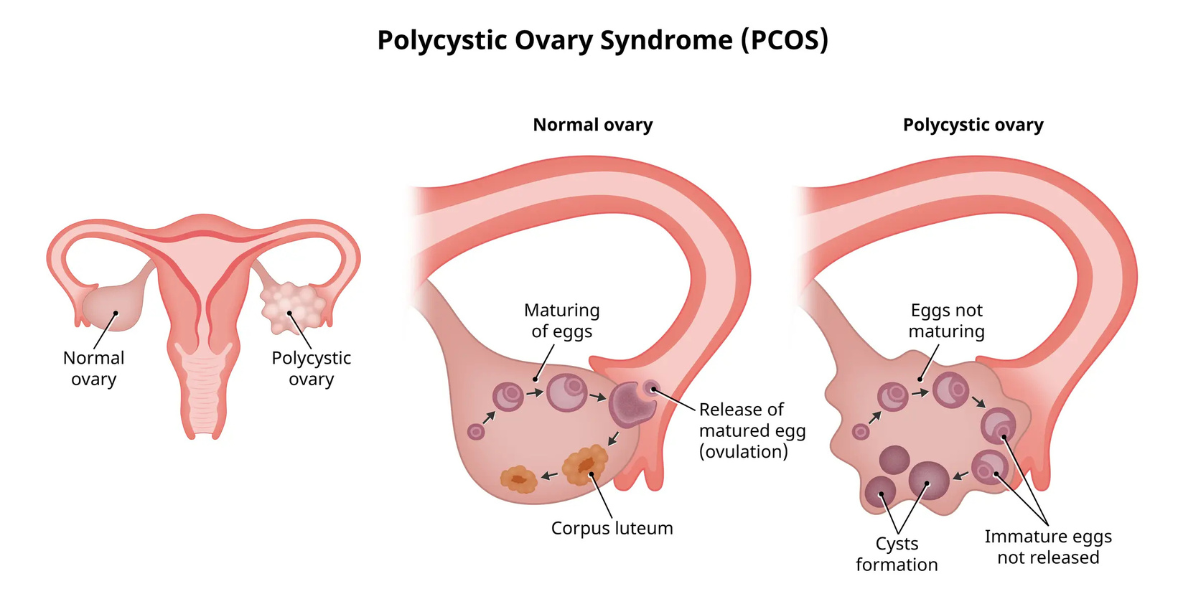
The Effect of Diabetes on Your Nerves
Diabetes is a chronic condition that affects how the body processes blood sugar (glucose). Over time, uncontrolled blood sugar levels can lead to various complications, including nerve damage, known as diabetic neuropathy. This condition affects millions of people worldwide and can cause pain, numbness, weakness and organ dysfunction.
Why Does Diabetes Cause Nerve Damage?
One of the main reasons diabetes leads to nerve damage is poor blood circulation. High sugar levels can damage the small blood vessels that supply oxygen and nutrients to the nerves. As a result, the nerves become weaker and stop functioning properly. Other factors like high blood pressure, high cholesterol, obesity, and smoking can make the damage worse.
Types of Diabetic Neuropathy
There are different types of diabetic nerve damage. The most common is peripheral neuropathy, which affects the hands and feet, causing tingling, pain, or loss of sensation. Autonomic neuropathy affects involuntary functions like digestion and blood pressure control. Proximal neuropathy can cause pain and weakness in the hips and thighs, making movement difficult, while focal neuropathy affects single nerves, leading to sudden pain or muscle weakness.
Early Signs You Shouldn’t Ignore
The early signs of nerve damage should not be ignored. Many people experience numbness, burning sensations, sharp pain, or weakness in their limbs. Others might notice digestive problems, dizziness, or difficulty controlling bladder function. Since nerve damage is often irreversible, catching it early is key to preventing it from getting worse.
Managing and Preventing Nerve Damage
While diabetic neuropathy cannot be cured, it can be managed by keeping blood sugar levels under control. Engaging in low-impact exercises like walking, swimming, or yoga helps improve circulation, as well as regulating blood sugar levels, which is crucial for preventing neuropathy. Since diabetic neuropathy often affects the feet first, proper foot care is essential. High blood pressure and cholesterol further damage blood vessels, worsening nerve damage. A heart-healthy diet, regular exercise, and prescribed medications can help keep these levels under control. Smoking restricts blood flow to the nerves, while excessive alcohol consumption can worsen nerve damage. Quitting smoking and reducing alcohol intake can significantly improve nerve function. In some cases, medications or supplements like vitamin B12 may be recommended to support nerve health.
Conclusion
Diabetic neuropathy is a serious condition that can affect the quality of life if left untreated. However, with proper strategies, it is possible to prevent or slow down nerve damage. If you have diabetes, staying proactive about nerve health can help you live a more comfortable and active life. If you have diabetes and experience any unusual symptoms like numbness, pain, or weakness, it’s best to talk to a doctor.






